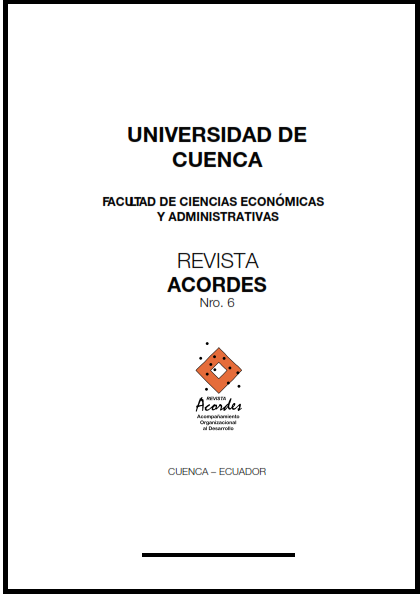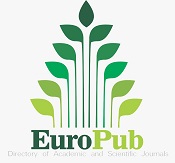Process of urbanization in Ecuador in the 20th century
Abstract
The urbanization process in Ecuador during the twentieth century is expressed as a characteristic of the capitalist mode of production, focused on the production and exchange of primary goods. Urbanization in Ecuador responded to the incorporation of the country into the international trading system, based on primary products like cacao, bananas and oil. This process determined the characteristics of urbanization through rural-urban and sierra-coast migrations, that generated uneven development between regions.
Downloads
Downloads
Published
How to Cite
Issue
Section
License
Copyright (c) 2015 info:eu-repo/semantics/OpenAccess

This work is licensed under a Creative Commons Attribution-NonCommercial-ShareAlike 4.0 International License.
The Journal declines any responsibility for possible conflicts derived from the authorship of the works published in it.
The originals of the journal Acordes, published in electronic version, are property of the Faculty of Economics and Administrative Sciences of the University of Cuenca, being necessary to cite the source in any partial or total reproduction.
Unless otherwise indicated, all contents of the electronic edition are distributed under a Creative Commons Attribution-NonCommercial-ShareAlike 4.0 International License.





